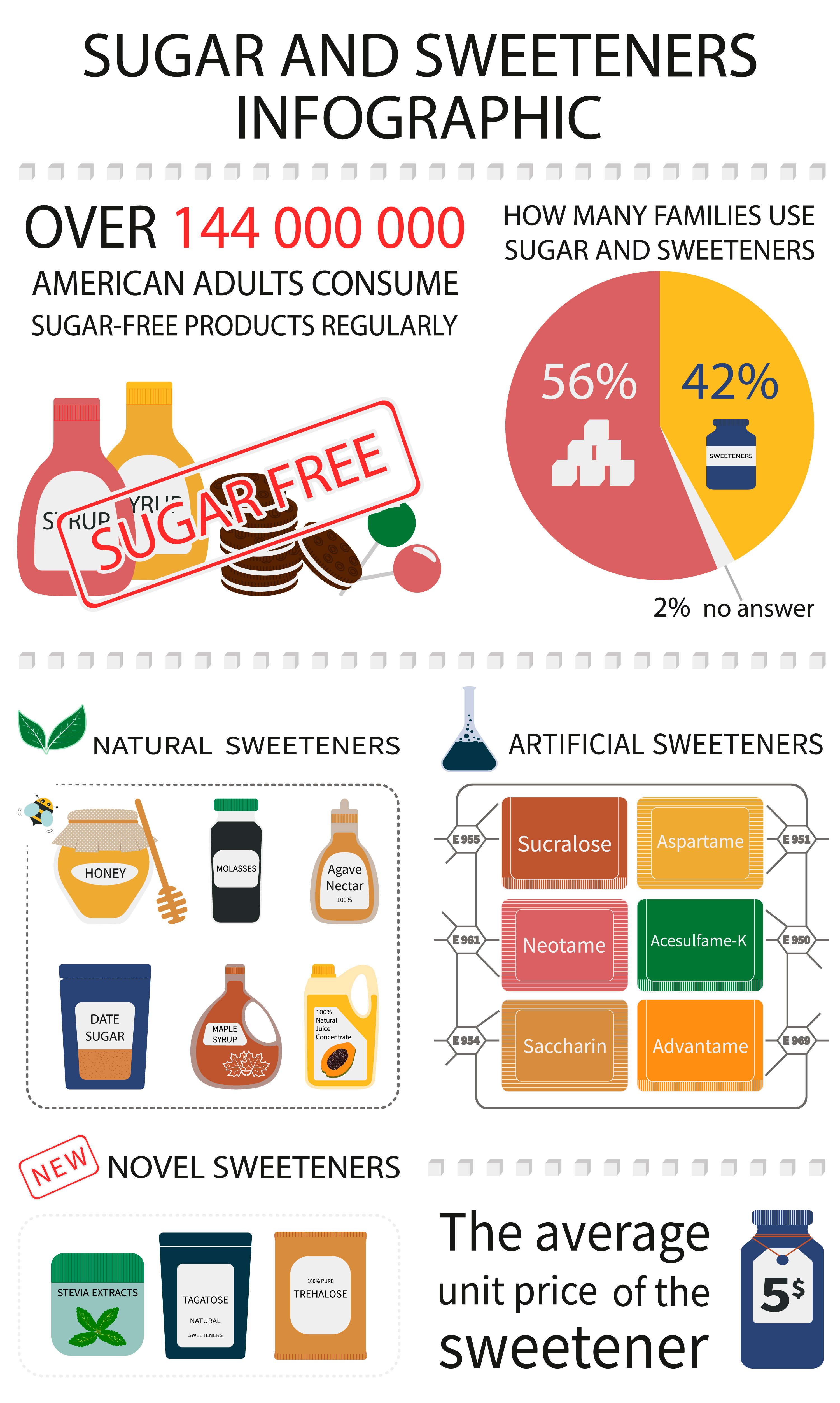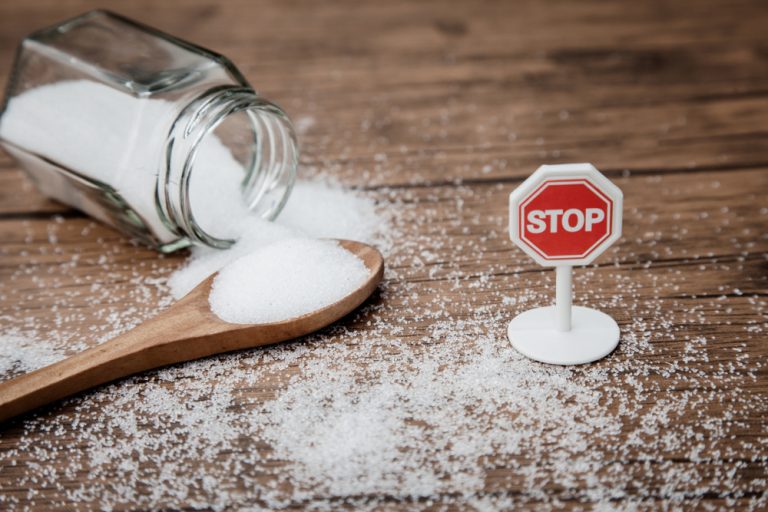Sugar detox - means the release of the body from sugar and the habit of using it is now one of the hottest global trends. Why is it worth getting away from eating sugar and how to do it?
Addiction to sugar - a myth or fact?
Spoiling, not only with sugar, can lead to behaviors characteristic of addicts, and even to specific changes in the brain - say the researchers. The impact of sugar involves, among other things, stimulating the body to produce serotonin and dopamine, which improve well-being. Heroin has a similar effect, but scientists are far from putting these two instances in a row.
Regardless of whether we use the name addiction, or bad habits or eating disorders - there are clear symptoms of sugar abuse. You can too often reach for sweets, get angry or be distracted when you do not eat your favorite cake. You can also have signs of reduced blood sugar, for example, muscle tremors, cold sweats.
The brain and sugar
Sugar nourishes every brain cell. However, its excess may interfere with the brain receptors that are responsible for the amount of food eaten. In a study in rats, it was reported that a high-sugar diet triggers brain changes similar to those of drug use. In sugar-addicted people, however, the changing brain's activity on sweets was observed, and these changes are similar to changes in the brains of drug addicts, reaching for the substance from which they are addicted.
Sweet highs
When you eat something sweet, carbohydrates contained in food are quickly converted into glucose, which goes to the blood. Blood sugar is raised. All simple carbohydrates are absorbed very quickly, especially those processed, occurring in the form of concentrated syrups, sweet carbonated beverages, sweets, and table sugar. Simple sugars are also found in fruits, but the accompanying fiber (or protein) slows down their absorption.
Sweet drops
When the body records an increased level of sugar in the blood, the pancreas begins to secrete insulin, which lowers blood sugar levels. The more violent its growth, the more rapid its decline. In this situation, the feeling of hunger suddenly appears.

When starch acts like sugar
How do you satisfy your appetite for sugar? Eating sweets, maybe bagels or fries? Both French fries and bread contain complex carbohydrates, but they are also broken down into a simple sugar - glucose. When food rich in starch is eaten without the addition of more nutritious products, the starch contained in white flour, white rice or potatoes affects the body almost in the same way as ordinary sugar. Thus, starch processed white bread, pretzels, crackers, white pasta acts on the body like sugar.
When do you eat too much sugar?
The average man in a highly-developed country eats up to 19 teaspoons of sugar a day! It's almost 300 kcal and much too much. Experts say that a safe dose of sugar is 6 teaspoons per day (100 kcal) for women and 9 teaspoons (150 kcal) for men.
Detox diet
Too drastic withdrawal of sweet foods usually ends in failure. The sudden elimination of fruit, white bread, rice, pasta and sweets from the diet is not a good idea. To effectively reduce the amount of sugar consumed, it must be eliminated gradually. In this way, you can alleviate the effects of discontinuing it, as well as "reset the taste buds that will start to feel the sweet taste in food with a much lower sugar content. So instead of sweetening the coffee, which until now was flavored with two teaspoons of sugar, you have to start by adding to the drink 1.5 teaspoons and gradually reduce this amount. The taste buds more sensitive to the sweet taste will also be recognized as satisfying fruits, cereals, berries, skim milk or yogurt.
You should also start eating more vegetables, drink water and limit the amount of highly processed foods in your diet. You can buy unsweetened products and add sugar to them just enough to sense a slightly sweet taste. The amount of sugar used is good to reduce from week to week.
Fighting with a sweet addiction, you must not allow a strong feeling of hunger, because then the hardest thing is to resist the sweet temptations. Therefore, regularly eat meals rich in protein, which sate for a long time and does not cause rapid fluctuations in blood sugar levels. Similarly, fiber works well and helps stabilize blood sugar levels.
When you first start to limit the amount of sugar in the diet, you can feel the symptoms of withdrawal fatigue, apathy, and irritability. Fortunately, the deteriorated well-being quickly passes, usually over 1-2 weeks. Let the awareness that you are on the road to a healthier lifestyle will be an additional motivation for you at this difficult moment.
Another important element in the fight against the abuse of sugar is physical activity. When the movement makes you feel better, there is a good chance that you want to make a few changes for your life, for example a healthier way of eating. The movement also helps stabilize blood sugar and prevents the development of diabetes. The ideal will be if you find physical activity five times a week for no less than 30 minutes each time.

Sugar has not one name ...
Sugar is not only in sweets. Its large quantities can include ketchup, barbeque sauce, spagetiie, salad dressing, flavored coffee and even bread. That is why always read the labels on food products exactly - that they do not have the word "sugar" does not mean that they are not sweetened! Avoid products containing agave syrup, fructose syrup, glucose or glucose-fructose syrup, dextrose, glucose, lactose, molasses. If these terms appear among the first three ingredients listed, or the product contains more than 4 g of sugar, leave it on the shelf in the store.
After a few weeks of consistent struggle with the sweet addiction, you can free yourself from sugar and be amazed that you do not miss it at all! And we wish you do.






